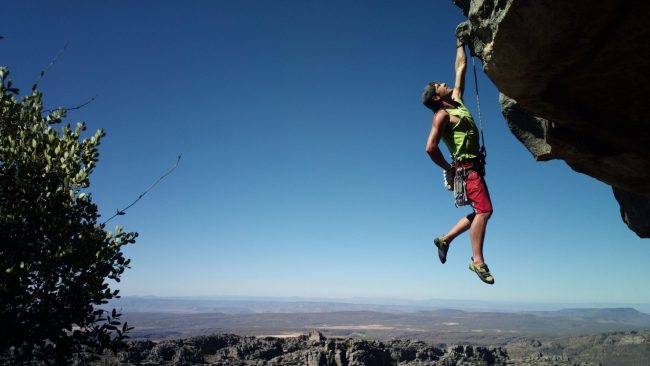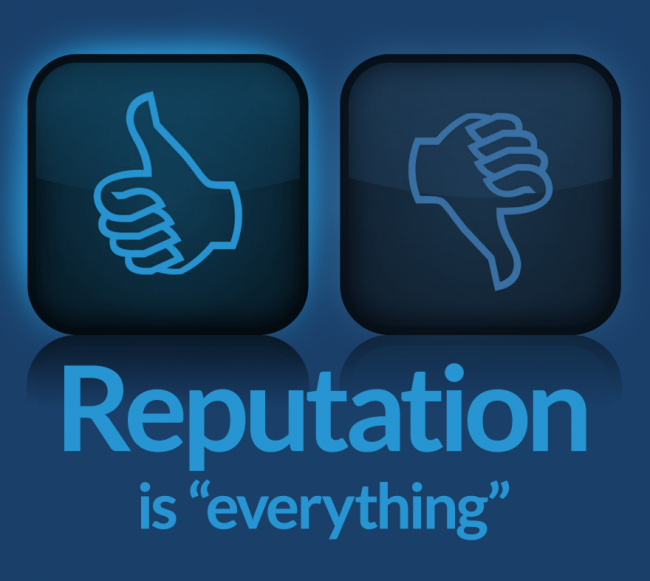Leaders view life through the lens of opportunity
How long have I been a leader? Probably for as long as I can remember. Starting back when I took a leadership role at the local youth group, coaching a soccer team, to becoming a teacher, and finally a Head of School. All of us experience leadership when we seek to influence others (Blanchard).
Along the way I have had to face enormous challenges. Being a Head of School you would think that the biggest challenge would be dealing with a naughty student. I have had to face vexatious complaints, death threats, and conspiracy. I’ve uncovered murder plots and had to be involved in the investigation of crimes committed long before my time. As a result I’ve had police protection more than once. When you seek to serve people in a position of leadership you see will the darker side of life.
Each challenge brought new levels of stress and anxiety. Just when I thought I had dealt with everything possible, along would come something out of the blue that I would never have thought possible.
There have been many times that I have thought about giving up. It was all too hard.
There are two ways you can view these experiences. You can look at a tough situation as a victim, seeking empathy from others, or you can see it as an opportunity for growth.
I consider that our present sufferings are not worth comparing with the glory that will be revealed in us (Romans 8:18).
Leadership is hard. If it isn’t it probably means you aren’t doing much. It takes courage, and when you get started you will come up against challenges, some predictable, but others you can never plan for.
A leader can never turn up to work having their day planned out, knowing exactly what they are going to achieve. Your work as a leader is the unknown.
Leadership is a bit like rock climbing (my son took me indoor climbing over Easter). When you look up the cliff face looks formidable, unachieveable. Half way up your arms begin to shake, particularly if you are using the wrong technique. If you look down your courage can falter and you think you can’t push on any further.
But like rock climbing, leadership is a skill, that with practise, can be improved. You only get better at it when you are faced with a new over-hang, new hold, or new rock face.
Good leaders will assess each challenge. Have I seen this before? What did I learn last time? Should I tackle this a bit differently? Who can I ask for advice? And if I make a mistake, what is the worst that is going to happen? I’ll have to apologise, adjust my strategy and give it another go.
Rock climbers, like leaders never get any better by looking at the cliff. They can learn by watching others, but the real learning happens when you hook on and give it a go.
And if your courage does falter? There is nothing wrong in knowing and accepting your limits. Every climber needs a good person to belay.


